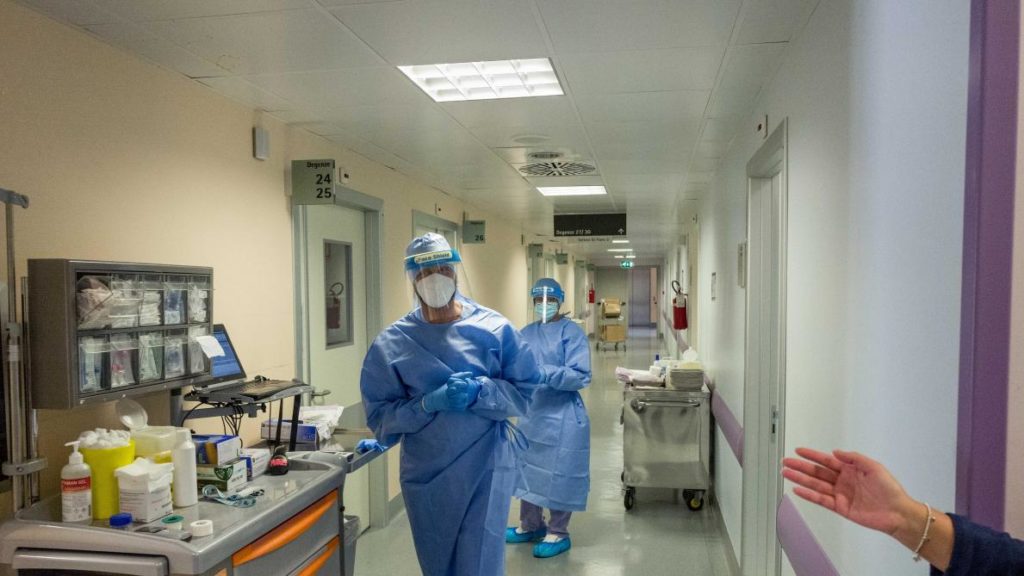The federal parliament yesterday passed an urgent motion that will allow hospitals to ease the pressure on nursing staff by bringing in extra, untrained personnel to assist them with certain tasks.
The proposal had the support of all of the coalition parties, and had earlier in the day received the approval of the public health committee. Only PVDA, CDH and Défi opposed.
The new measure runs until April, and allows some tasks on the hospital floor to be carried out by staff who are not normally permitted to perform them.
According to the letter of the law, that could be anyone. However during deliberations, it was made clear that the measure is aimed at the recruiting of specific categories: former nurses who are no longer certified, nursing students and physiotherapists.
The government made clear the new measure was simply an attempt to avoid the situation where nursing staff become overwhelmed by a lack of hands-on resources.
“Are more people to die, simply because we have not enough hands?” asked health minister Frank Vandenbroucke.
The change does not give the new arrivals all of the responsibilities of nursing staff. Some procedures are explicitly ruled out, including giving injections.
However the lifeline being offered to hospitals is opposed by the nursing profession itself. Three organisations representing nurses issued a joint statement criticising the change.
“Today, a bill will be proposed to the Chamber to authorise people not legally qualified to exercise nursing activities, within the framework of the Covid-19 coronavirus epidemic,” the statement says.
“The risk of loss of control contained in the proposed text is very important and the crisis can be evoked as a justification to resolve a pre-existing problematic situation.”
The nurses argue that the profession would be in less danger of becoming overwhelmed if the government had not previously presided over a systematic rundown of resources long before the coronavirus reared its head.
“In the short term, we ask politicians to put in place positive emergency measures to alleviate the shortage of health workers,” the three associations write.
“And in the long term, to invest in the nursing profession in accordance with the demands of the WHO and the Federal Center for Expertise in Health Care (KCE), as well as systematically consulting nursing representatives in public health debates.”
The statement was drafted after a meeting, described by the associations as “fruitless,” with Vandenbroucke. He responded by recognising the historical nature of the problem.
“At the moment, a lot is going wrong in our healthcare system, and the frustrations about this – including those from staff – are more than justified,” he said.
And he promised the government would work for more personnel and better conditions, over and above what he called a “preventive emergency measure for the people in the firing line”.
Alan Hope
The Brussels Times

